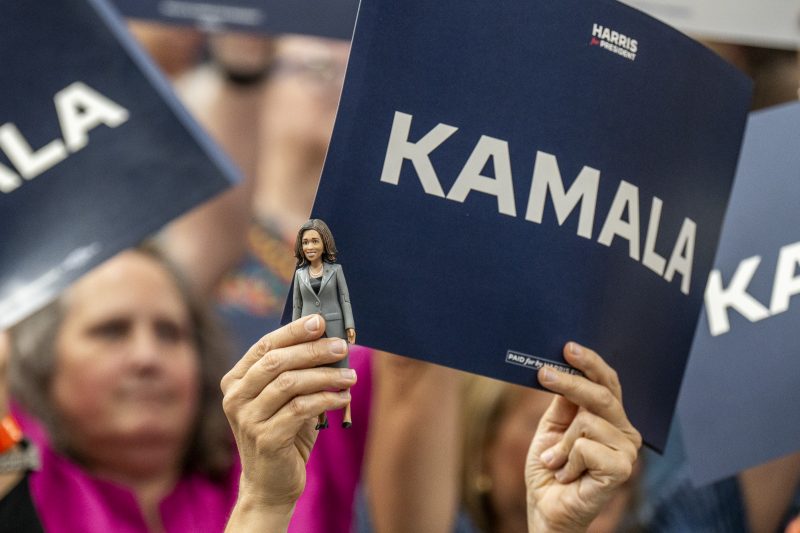Kamala Harris’ 2020 Positions: A Costly Campaign
The 2020 United States presidential election remains an unprecedented moment in American history. Among the diverse pool of candidates who sought the presidential nomination, Kamala Harris emerged as a formidable contender with various policy positions that aimed to address critical issues affecting the nation. However, as detailed by financial analysis and political commentators, the implementation of Harris’ proposed initiatives could come with a substantial price tag. This article delves into how much Kamala Harris’ 2020 positions could potentially cost her, shedding light on the financial implications and feasibility of her ambitious policy agenda.
Healthcare Reform
One of the central pillars of Kamala Harris’ campaign was her stance on healthcare reform. Harris endorsed a Medicare for All plan that aimed to provide comprehensive healthcare coverage to all Americans. While this proposal resonated with many progressive voters, the estimated cost of implementing such a program raised significant concerns. Analysts projected that Harris’ Medicare for All plan could cost trillions of dollars over a decade, leading to debates over the feasibility of funding such a massive overhaul of the healthcare system.
Climate Change Mitigation
Another key aspect of Harris’ platform was her commitment to combating climate change. Harris supported the Green New Deal, a comprehensive climate action plan that called for aggressive reductions in carbon emissions and investments in renewable energy. While the urgency of addressing climate change was widely acknowledged, critics pointed out the hefty price tag associated with the Green New Deal. Implementing such ambitious environmental policies could require substantial government funding and potentially impact various sectors of the economy.
Criminal Justice Reform
Kamala Harris also focused on criminal justice reform, advocating for initiatives aimed at addressing systemic issues in the criminal justice system, such as police reform and racial disparities in sentencing. While these proposals underscored the need for meaningful change in law enforcement practices, the implementation of comprehensive criminal justice reform could involve significant financial investments to enact policy changes and support community-based initiatives.
Economic Policies
Harris’ campaign also emphasized economic policies that aimed to promote economic equity and opportunity for all Americans. Proposals such as increasing the federal minimum wage, expanding access to affordable housing, and supporting small businesses highlighted Harris’ commitment to addressing economic disparities. However, funding these initiatives could require substantial allocations of resources and potential revisions to the existing tax structure to generate the necessary revenue.
Conclusion
As Kamala Harris navigated the complex landscape of the 2020 presidential race, her policy positions sparked discussions about the financial implications of her ambitious agenda. While Harris’ proposals resonated with many voters and addressed pressing issues facing the nation, the cost of implementing these initiatives remained a point of contention. As the political landscape continues to evolve, the debate over the financial feasibility of Harris’ policy platform underscores the challenges of balancing ambitious policy goals with fiscal responsibility in the realm of presidential politics.
